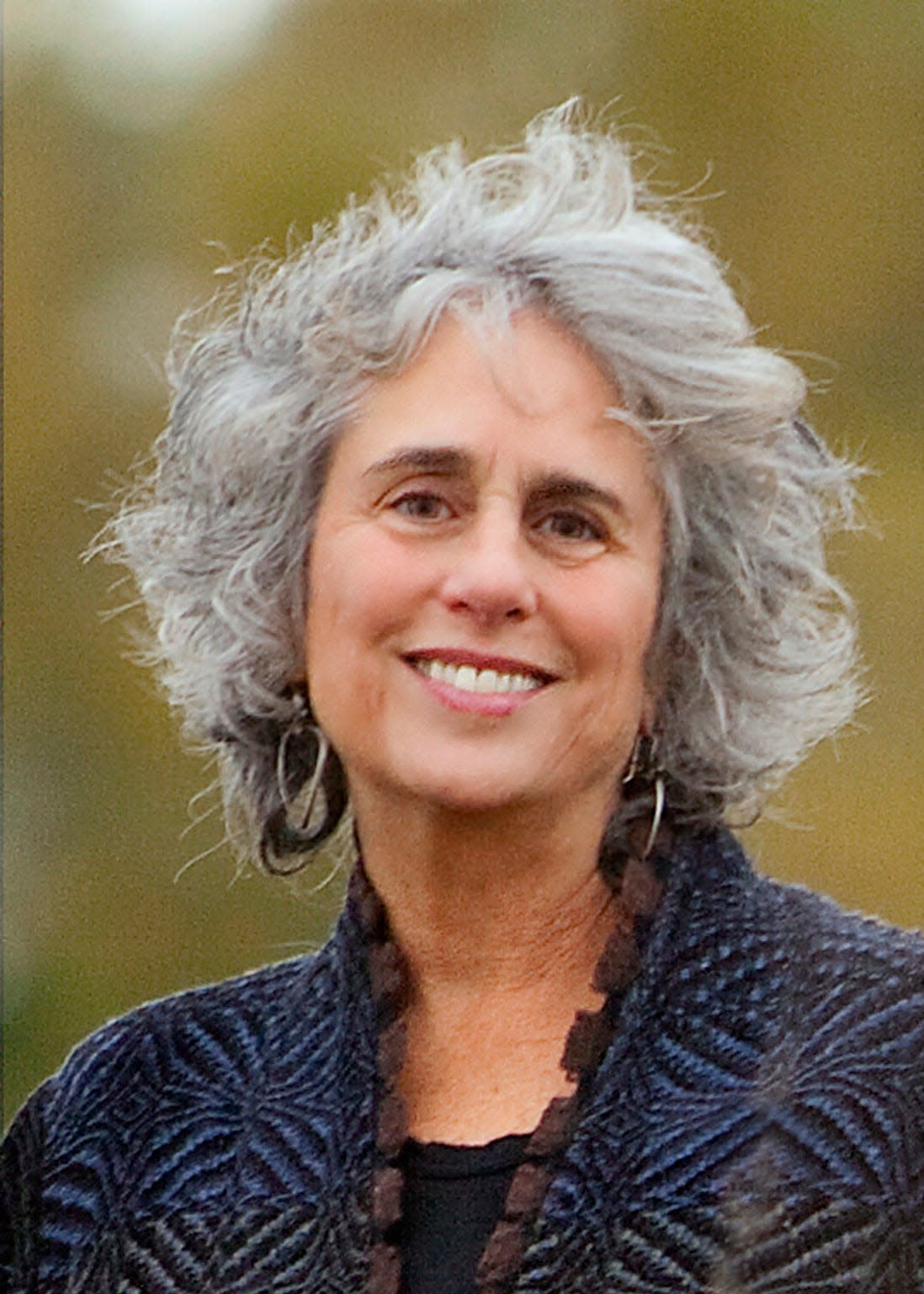Salisbury: Model of care for ABI adults

Millions of Americans are living with the effects of an acquired brain injury (ABI) caused by infectious disease, stroke, injury, overdose or other factors that has rendered them incapable of caring for themselves in basic ways.
Following hospitalization, thousands of individuals whose families are unable to care for them at home spend years living in institutions, often in nursing homes. Believing that these individuals could thrive if they were in a community setting where they could relearn skills and rebuild their lives, advocates worked hard to change these circumstances.
Change began in 2008, when the landmark Hutchinson v. Patrick settlement transitioned hundreds of Massachusetts adults with brain injuries from nursing homes into the community. This ABI waiver program is a great step forward – one that was championed by family members, advocates, legislators and leaders in state government. Now, more than 1,000 adults with ABI in Massachusetts, who had been sequestered in nursing homes and rehab hospitals, are living in community group homes.
But the vision behind the ABI waiver program – that adults with ABI could regain agency over their own lives – remains largely unfulfilled. After moving to group homes, most adults with ABI continue to live as though still institutionalized, with dedicated and caring direct care staff doing everything for them, from personal care to cooking, laundry and shopping.
To achieve the intent behind Hutchinson, we must change not only where adults with ABI live; we must (and can) change how they live. We now have insights and tools to achieve this with relatively modest investments.
A new model of care being piloted in Central Massachusetts by MAB Community Services supports adults with ABI to relearn skills for greater independence. This model is showing promise and can – if implemented broadly – help fulfill the opportunity opened by Hutchinson: to integrate individuals with ABI into the community for fuller, more satisfying and more independent lives.
Our pilot program has integrated occupational therapists into residential care teams in six of our 14 ABI waiver group homes. In this model, entire teams become fully involved in residents’ progress toward becoming more independent. Staff are specially trained to support participants throughout the process of developing the skills necessary to reintegrate into their communities. Occupational therapists work with residents and direct care staff alike so that everyone is collaborating toward care tailored to each resident’s goals, which can range from tasks like independently walking, eating or getting dressed to grocery shopping, cooking group meals or scheduling appointments.
ABI waiver participants are learning new strategies to compensate for their disabilities. We’ve seen residents develop confidence and competence and become more motivated, contributing members of their communities. Some are pursuing volunteer opportunities, while others are returning to the workforce.
Participants’ progress highlights an underexamined aspect of the rights of the disabled: that becoming disabled shouldn’t sideline individuals and render them entirely dependent on others. Instead, we need to structure the skilled assistance we provide so they can regain agency in their own lives.
These results could have a significant impact on society. With the oldest baby boomers hitting age 76 this year, the largest generation in the United States will soon need increased support with their daily lives. That assistance can be provided in a way that allows them to continue to be full participants in their communities and in their own lives.
Working collaboratively with the commonwealth, our pilot program proves that it’s possible for individuals to regain agency over their lives following a stroke or other acquired brain injury. We must take the next step and adopt models supportive of these individuals’ reintegration into their communities by moving beyond the paradigm of custodial care and investing in effective alternatives. When we do that broadly, we will be fulfilling the vision of Hutchinson while building systems that will be required as our population ages and its needs expand exponentially.
Let’s leverage this moment when advocacy followed by innovation can lead to enlightened policy and funding, and ultimately to profoundly enhanced outcomes in the daily lives of individuals.
Barbara Salisbury has been chief executive officer of MAB Community Services since 2006. She was formerly budget director for the Commonwealth of Massachusetts and administrative dean of the Kennedy School of Government at Harvard University.
This article originally appeared on Telegram & Gazette: Salisbury: Model of care for ABI adults

